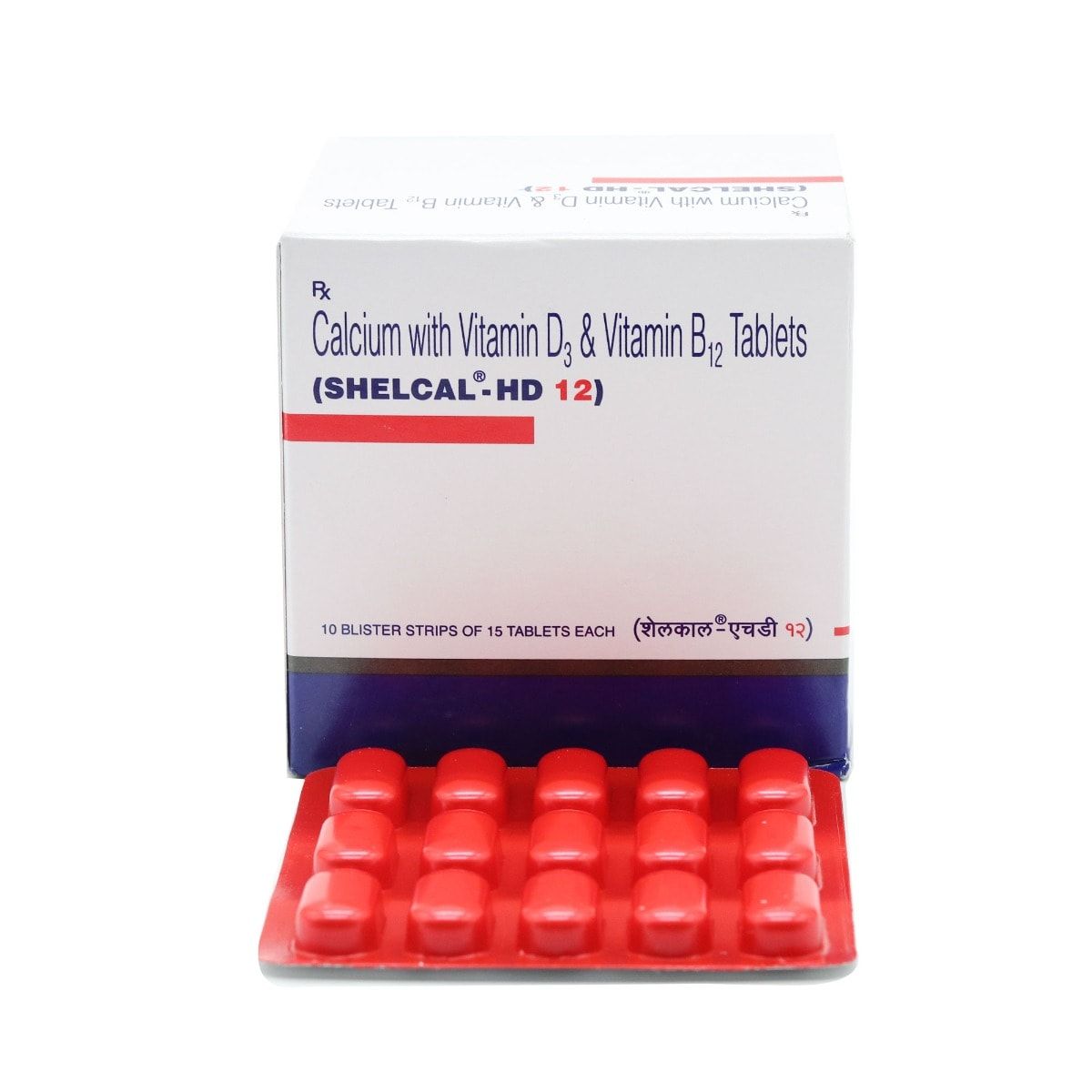Vitamin B12
About Vitamin B12
Vitamin B12 belongs to a class of medicines called vitamins used to prevent and treat vitamin B12 deficiency anaemia. Vitamin B12 deficiency anaemia occurs when the body does not produce enough healthy red blood cells due to a lack of vitamin B12.
Vitamin B12 contains vitamin B12, which is essential for the production and maturation of red blood cells. It restores the levels of vitamin B12 in the body and helps to treat vitamin B12 deficiency anaemia.
Vitamin B12 will be administered by a healthcare professional; do not self-administer. Sometimes, Vitamin B12 may cause side effects such as redness, pain or swelling at the injection site, diarrhoea and a feeling of swelling all over the body. Most of these side effects of Vitamin B12 do not require medical attention and gradually resolve over time. However, if the side effects persist or worsen, please consult your doctor.
If you are allergic to cyanocobalamin (vitamin B12), cobalt or any other medicines, please tell your doctor. If you are pregnant or breastfeeding, inform your doctor before receiving Vitamin B12. You are recommended to avoid excessive alcohol consumption as it may reduce the absorption of vitamin B12.
Uses of Vitamin B12
Medicinal Benefits
Vitamin B12 contains vitamin B12, used to prevent and treat vitamin B12 deficiency anaemia. Vitamin B12 is essential for the production and maturation of red blood cells. It restores the levels of vitamin B12 in the body.
Directions for Use
Storage
Side Effects of Vitamin B12
- Redness, pain or swelling at the injection site
- Diarrhoea
- A feeling of swelling all over the body
Drug Warnings
If you are allergic to cyanocobalamin (vitamin B12), cobalt or any other medicines, please tell your doctor. If you are pregnant or breastfeeding, inform your doctor before receiving Vitamin B12. You are recommended to avoid excessive alcohol consumption as it may reduce the absorption of vitamin B12. Your doctor may recommend regular blood tests while on treatment with Vitamin B12 to monitor the levels of vitamin B12 in your blood.
Drug Interactions
Drug-Drug Interaction: Inform your doctor if you are taking antidiabetics (metformin), antacids (lansoprazole, omeprazole, rabeprazole, pantoprazole, ranitidine, cimetidine, nizatidine, famotidine), antibiotic (chloramphenicol) and oral contraceptives.
Drug-Food Interaction: No interactions found.
Drug-Disease Interaction: If you have or have ever had Leber's hereditary optic neuropathy (slow, painless loss of vision) or kidney disease, inform your doctor before receiving Vitamin B12.
Drug-Drug Interactions Checker List:
Safety Advice

Alcohol
cautionExcessive alcohol consumption reduces the absorption of vitamin B12. Avoiding alcohol consumption is recommended while on treatment with Vitamin B12.

Pregnancy
consult your doctorIf you are pregnant or planning pregnancy, inform your doctor before receiving Vitamin B12. Your doctor may recommend this medicine if the benefits outweigh the risks.

Breast Feeding
consult your doctorIf you are a nursing mother, inform your doctor before receiving Vitamin B12. Your doctor may recommend this medicine if the benefits outweigh the risks.

Driving
not applicableVitamin B12 usually does not affect your ability to drive or operate machinery.

Liver
cautionIf you have liver problems or any concerns regarding this, please inform your doctor before receiving Vitamin B12.

Kidney
cautionIf you have kidney problems or any concerns regarding this, please inform your doctor before receiving Vitamin B12.

Children
consult your doctorLimited information is available on the safety of Vitamin B12 in children. Please consult your doctor.
Habit Forming
Diet & Lifestyle Advise
- Eat vitamin B12-rich foods such as beef, liver, clams, sardines, and dairy products.
- Vegetarians should include beetroot, spinach, potatoes, mushrooms and alfalfa.
- Eat a healthy diet and do regular physical exercise.
- Limit junk food items from the outside and stick to freshly prepared home-cooked meals.
- Include fruits in your diet, especially which are rich in iron, like pomegranate and citrus fruits.
- Drink plenty of fluids to keep yourself hydrated.
- Avoid consumption of alcohol.
Patients Concern
Disease/Condition Glossary
Vitamin B12 deficiency anaemia: It is also known as cobalamin deficiency, which occurs when the body does not produce enough healthy red blood cells due to a lack of vitamin B12. The symptoms include lack of energy, extreme tiredness, mouth ulcers, problems with vision, muscle weakness and pins and needles. It may be caused due to pernicious anaemia (a decrease in red blood cells that occurs when the intestines cannot absorb vitamin B12 properly), a vegan diet, lack of vitamin B12 absorption from food, or certain medicines.
FAQs
Vitamin B12 is used to treat Vitamin B12 deficiency anaemia.
Vitamin B12 contains vitamin B12, which is essential for the production and maturation of red blood cells. It restores the levels of vitamin B12 in the body and helps to treat vitamin B12 deficiency anaemia.
You are recommended to eat fish (tuna, salmon, haddock), meat (beef, liver), shellfish (scallops, mussels), eggs, and dairy foods (milk, cheese, yoghurt) which are rich in vitamin B12.
Vitamin B12 may cause diarrhoea as a side effect. However, if the condition persists or worsens, please inform your doctor.
Yes, Vitamin B12 is effective if used as per the dose and duration prescribed by the doctor. Continue using Vitamin B12 for the prescribed duration. Follow your doctor’s instructions.
Vitamin B12 will be administered by a healthcare professional such as doctor or a nurse, into a muscle or deeply under the skin. Do not self-administer.
Yes, Vitamin B12 is generally considered safe when used as directed by your doctor. However, it's important to follow your doctor's instructions and report if you experience any unusual or severe side effects. Do not exceed the recommended dose.
The common side effects of Vitamin B12 are redness, pain or swelling at the injection site, diarrhoea and a feeling of swelling all over the body. If any of these side effects persist or worsen, please consult your doctor.








